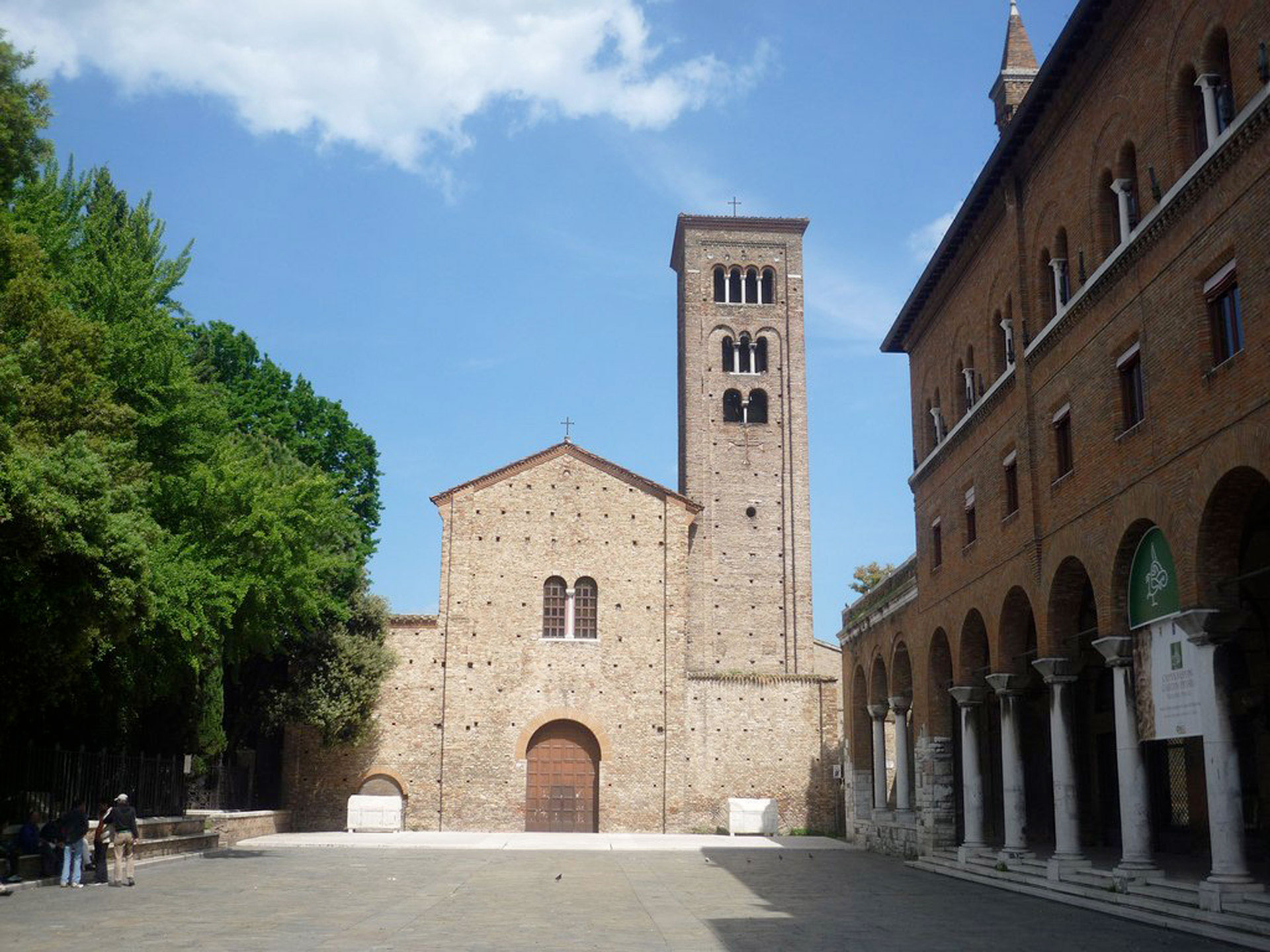© Luca Concas
Dante Vespers
Prosa Pro Mortuis
in memory of the victims of the pandemic
Ensemble Biscantores
Luca Colombo conductor
Francesca Cassinari, Vera Milani sopranos
Elena Carzaniga, Edvige Brambilla contraltos
Massimo Lombardi, Paolo Davolio tenors
Matteo Bellotto, Alessandro Marchesi basses
Cristiano Contadin, Marco Casonato, Luciana Elizondo, Rosita Ippolito violas
Giangiacomo Pinardi theorbo
Gianluca Viglizzo organ
Giovanni Legrenzi
Sonata Quinta
Dies iræ
for soloists, choir, viola consort, and basso continuo
Sonata sexta
Ave Regina Coelorum
Claudio Monteverdi
Confitebor III alla francese (in the French manner)
Almost unknown today, Giovanni Legrenzi was widely appreciated in Viennese theatres and at the Chapelle Royale under Louis XIV, in the late XVII century. Born in Clusone (Bergamo) in 1626, Legrenzi died in 1690 in Venice, where he had been appointed as choirmaster at St Mark’s, which, at the time, employed the largest number of musicians and singers. He was active and influential across Europe, and the original manuscript of Prosa pro mortuis, containing the Dies iræ, a concerted motet for double choir, viols and continuo, is still preserved in Paris. Its polyphonic structure dates back to the XVI century, but its harmonic solutions and theatrical effects, like the alternation of arias and choir parts, are typically baroque. These voices will join in honour of the victims of the Covid pandemic, which claimed the highest death toll in the Bergamo area, where Legrenzi was born.


